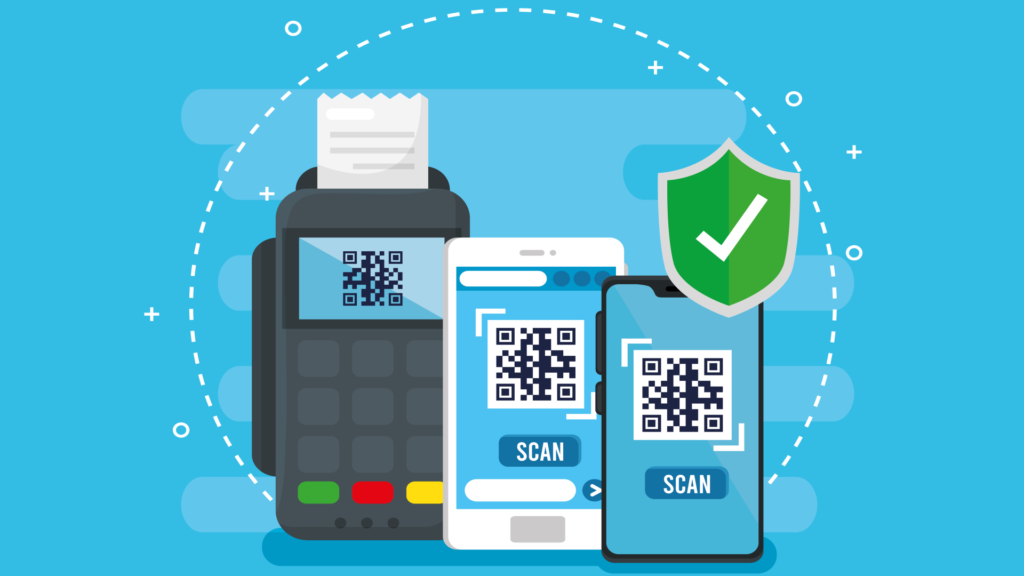India is leading the world in real-time transactions powered through the Digital India (DI) initiative of the Government of India. It has played a significant role in enhancing financial inclusion in the country. With the availability of various digital payment services, even individuals without traditional bank accounts can now make transactions through mobile wallets and UPI.
The initiative has provided a much-needed thrust to boost the confidence of Indian customers for real-time transactions and made a way forward for a digitally empowered society. The Covid 19 has brought an unseen opportunity for the Indian financial sector where real-time payment adoption has been welcomed by consumers as well as businesses alike.
This has led to 48.6 million real-time transactions in India in 2021 and bagged the country with the first position in making real-time transactions leaving behind the developed economies including USA and China. India has made significant strides in the field of real-time payment transactions through the implementation of the Unified Payments Interface (UPI) system. It allowed users to instantly transfer money between bank accounts using their smartphones.
Real-time transactions refer to financial transactions that occur instantly or within a very short period. The aim is to minimize the time taken for processing transactions and provide immediate confirmation to users. Real-time transactions offer several benefits, such as convenience, efficiency, and transparency. They eliminate the need for physical paperwork, reduce manual processing, and enable quick transfer of funds.
Under the DI initiative, digital transactions, and the public broadband infrastructure development to enable such transactions have been promoted including easy access to various government services electronically. With the rising number of smartphone users in India, this is expected to enable seamless fund transfers and digital transaction facilities in the remotest corner of the country 24×7.
The tremendous growth of real-time transactions across the world has been forecasted. With the success of the DI initiative, the country is expected to lead the chart for a longer period. The growth of real-time transactions in India over the last few years has led other foreign countries to join the brigade such as Nepal, and Singapore including various middle eastern countries sighting its easy use, interoperability, and near-instantaneous transaction processing to promote economic growth.

